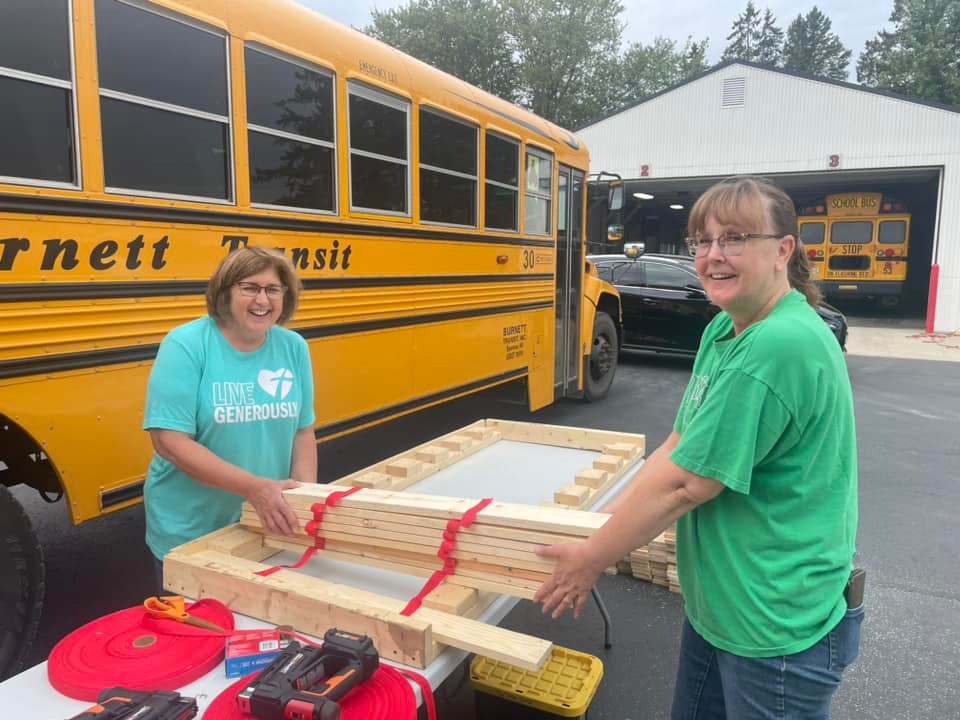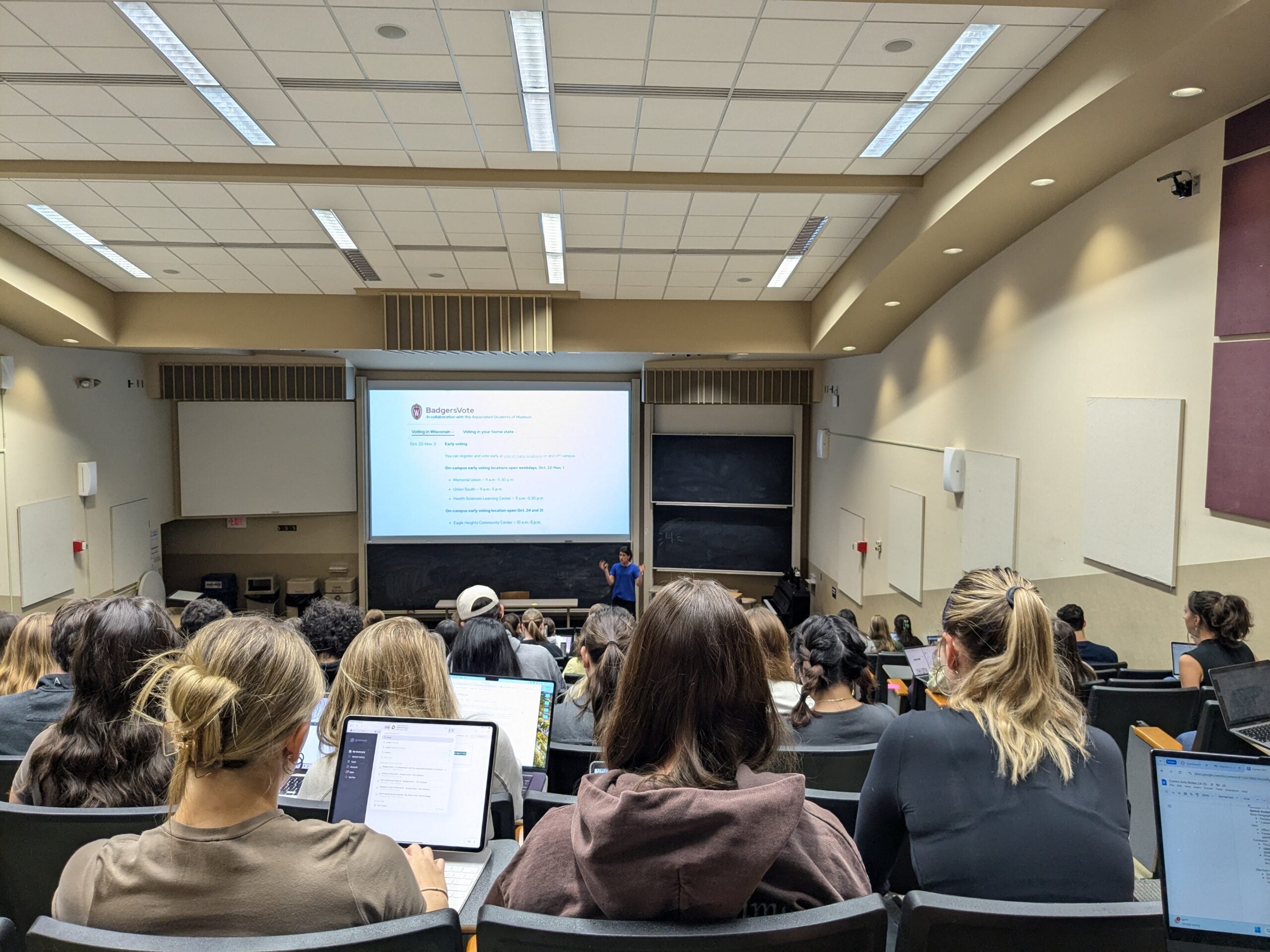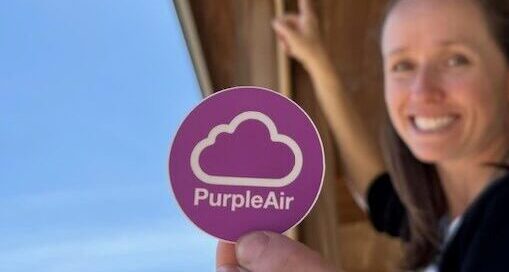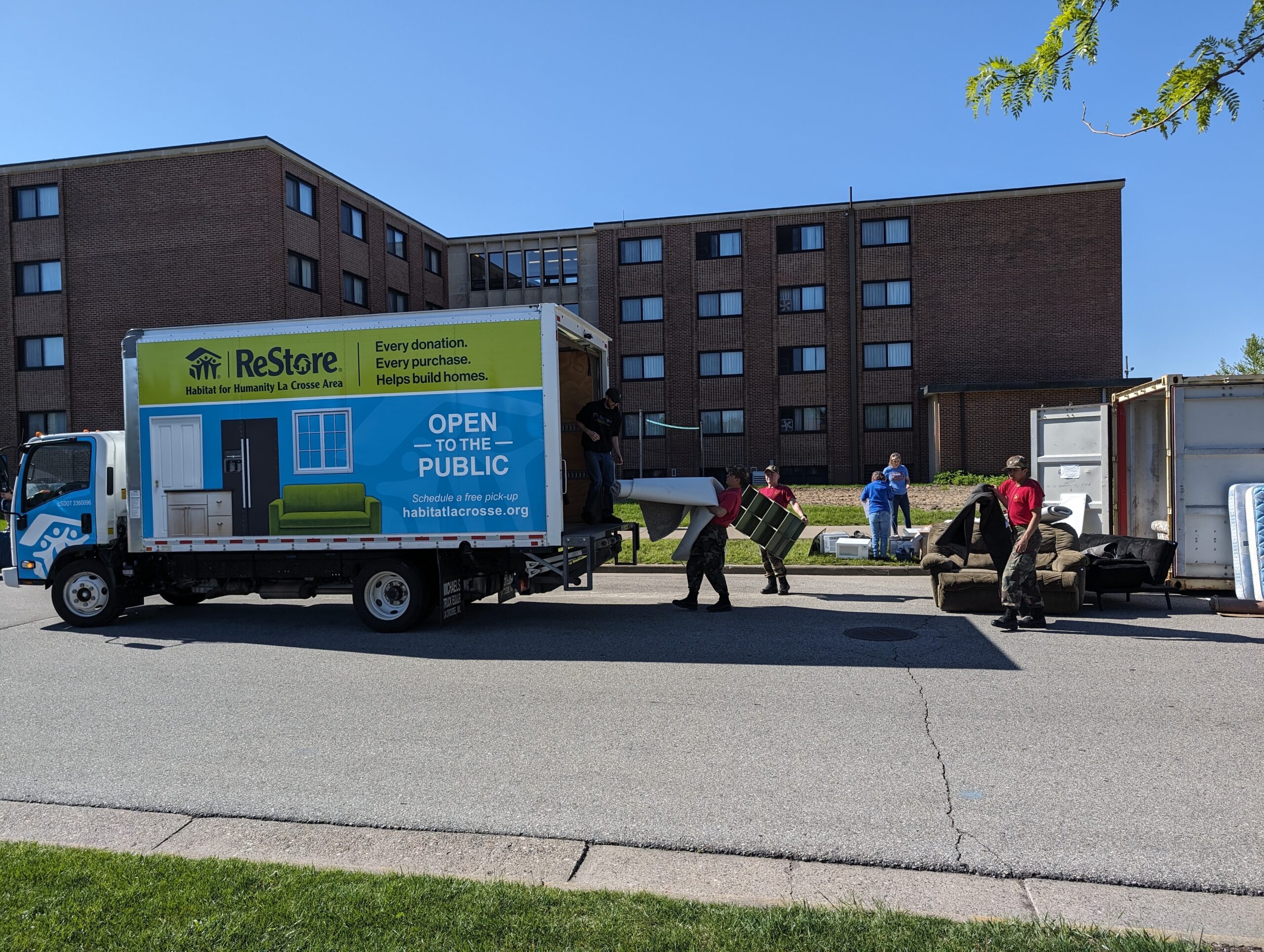One recent University of Wisconsin-Madison graduate is in Kenya learning about community-based health care to help pregnant people and young children.
Another is in a small Costa Rican mountain community helping students in what she described as, “The hardest job you’ll ever love.”
A third is teaching sixth graders in South America near the shores of the Atlantic Ocean.
Stay informed on the latest news
Sign up for WPR’s email newsletter.
All of these recent graduates joined the Peace Corps, which can be a pretty common path for students leaving UW-Madison.
In April, the Peace Corps announced that UW-Madison was its No. 1 volunteer-producing university for 2023. Since President John F. Kennedy created the Peace Corps in 1961, more than 2,700 volunteers have come from UW-Madison.
Three of those volunteers joined WPR’s “Wisconsin Today” from across the world to talk about their experiences and lessons from the organization.
The following has been edited for brevity and clarity.
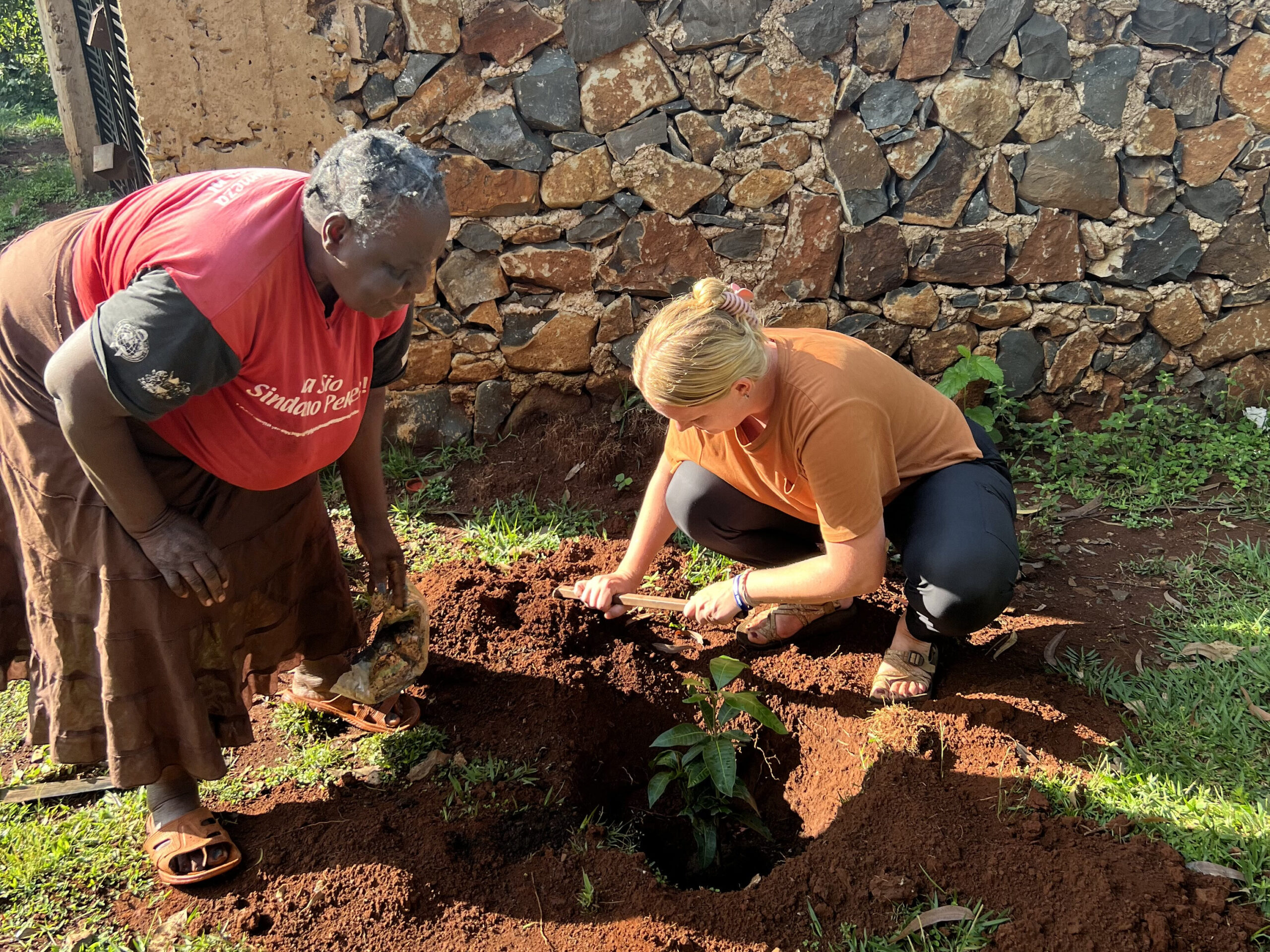
Abby Buschette
Hometown: River Falls
Location: Homa Bay County, Kenya
Role: Community health volunteer
Kate Archer Kent: What is it like where you are in East Africa?
Abby Buschette: About 1,500 people live here. … They primarily grow pineapples in this region, so I’ve been eating a lot of pineapples.
It’s a beautiful area, and I’m really happy to be here.
KAK: Walk us through a bit of your day and what you encounter.
AB: My days are always really different depending on what is needed at the health center I work at. Typically, I do health talks at schools or to target populations at the health center about things like HIV, sanitation and maternal health. Along with that, sometimes I do home visits with the community health promoters to check on pregnant women and children under 5 to ensure they’re receiving the care they need.
KAK: How might this experience inform what you take back to Wisconsin with you?
AB: I think community-based health care is a great system. After the Peace Corps, I would love to work abroad or in Wisconsin in public health. The perspectives that I’ve gained from community members and the community health promoters about how they all help each other and look out for each other, that’s a really good thing that could be adopted in the U.S. as well.
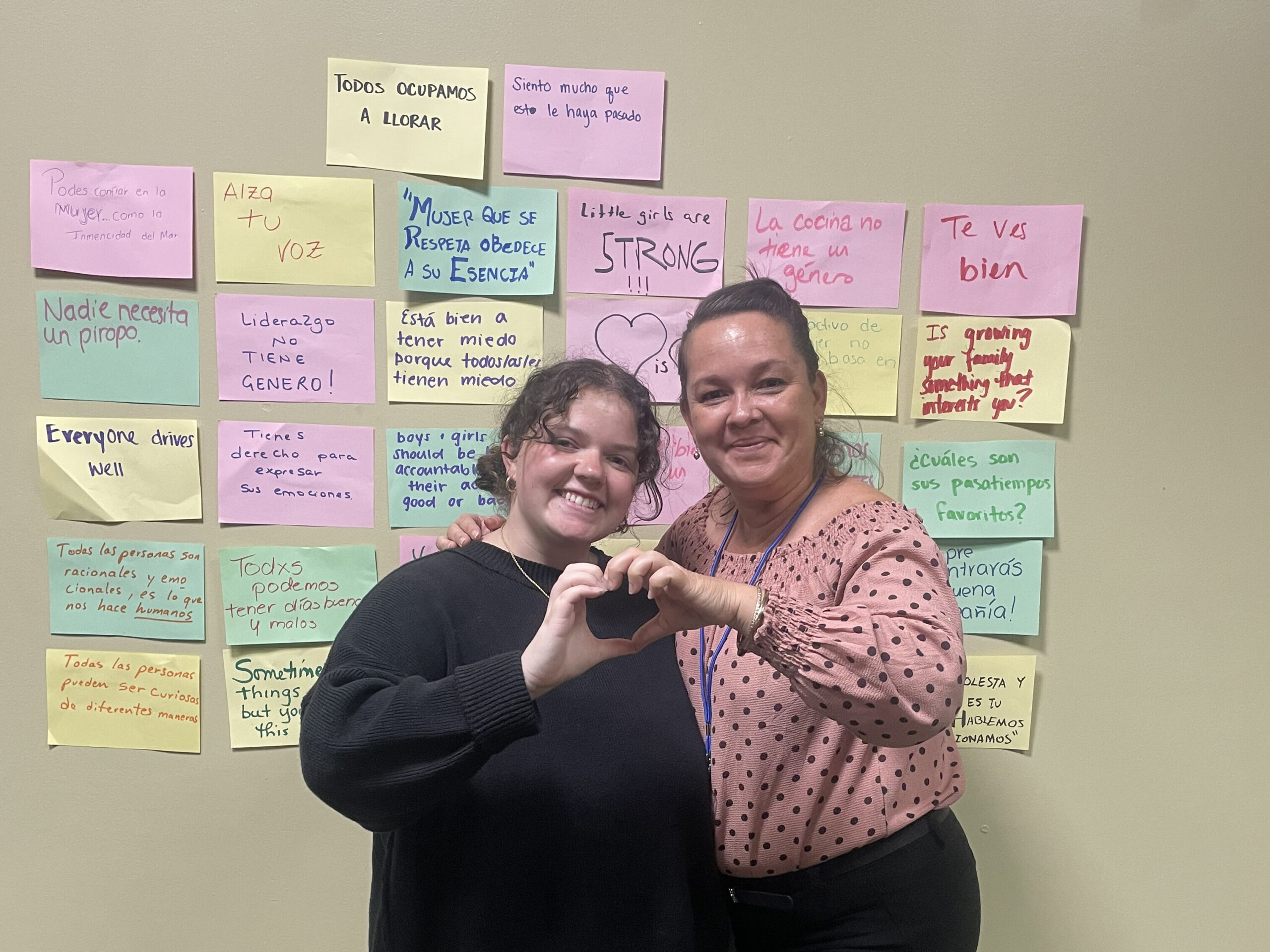
Miya Marwood
Hometown: Germantown
Location: San José Province, Costa Rica
Role: Youth development volunteer
KAK: What is your setup like in Costa Rica?
Miya Marwood: I live in the mountains in Costa Rica, in a coffee-growing region. Most of the people here work in agriculture. I live in a small community of about 2,000 people. It’s beautiful.
KAK: What are your days like in Costa Rica?
MM: I work with students in arts and recreation or leadership and life skills. I also work with parents and service providers. I’m in the schools full-time. … So I have free time to observe classes or spend time with students during their recreational time.
KAK: What are schools in Costa Rica like compared to those in Wisconsin?
MM: Both of the schools I work in are pretty small. The students are all very close with their classmates. Some of the grades only have 10 or 12 students. Those smaller class sizes work great for learning and having a cohort of people that you’re really close to. Also here, the teacher-student relationships are a little bit different. They’re a lot closer.
KAK: Do you feel any pressure as a volunteer, knowing that your peers are out there in the work world, making a salary?
MM: Yeah, definitely. Sometimes I feel like my friends are out there starting their lives, making a stronger income than I make here as a Peace Corps volunteer. But I also think that the Peace Corps sets up people for a very successful life, no matter what they do.
The people you meet and the connections you can make are so beneficial. It’s the hardest job you’ll ever love. And I really do love it. So, I don’t regret my decision at all.
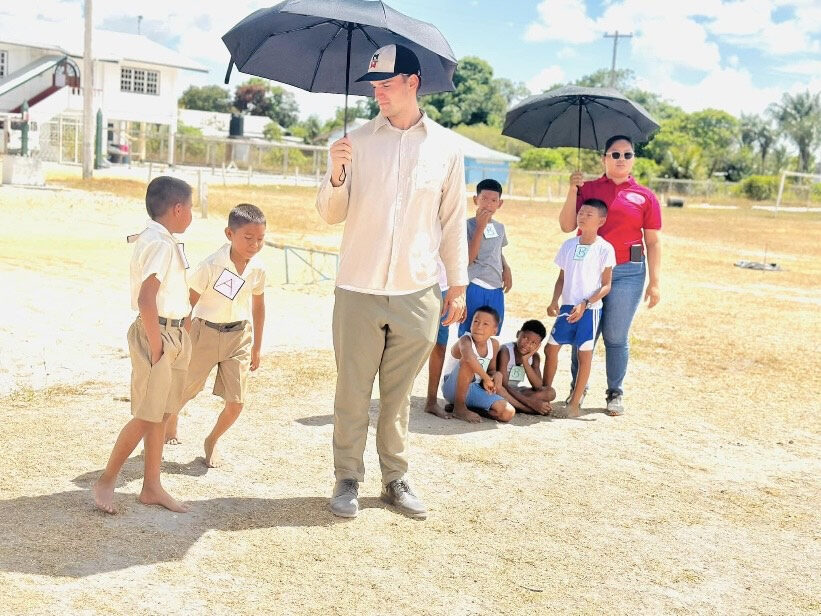
Jake Nation
Hometown: Milwaukee
Location: Pomeroon-Supenaam, Guyana
Role: Primary school teacher
KAK: What is your environment like where you are in South America?
Jake Nation: I’m living in an Indigenous village … mostly made up of people of the Arawak ethnicity. It’s mostly jungle. I live on the coast, so I live pretty close to the Atlantic Ocean. Most of the people here are either Indigenous people or East Indians. It has a nice mix of cultures. It’s always nice and sunny here. It’s mostly 88 degrees every day. I’m pretty much living in paradise.
KAK: What are your days like as a volunteer?
JN: I mostly teach grade six. I teach all the subjects: math, English, science and social studies. … It’s pretty similar to what I imagine a primary school teacher goes through in America.
After that, we’re supposed to mix with the people here, and it’s a pleasure to mix with everybody here. … You could play football, you can go to the beach. There’s a number of opportunities.
KAK: Why do you think UW-Madison is producing so many Peace Corps volunteers?
JN: When I think about good volunteers … I think about two different things. I think about people that are really smart and people that are very social. I think UW-Madison produces a lot of people that are a mix of these two things.
KAK: What do your students ask you about Wisconsin?
JN: The biggest question I get asked is about the snow. Everybody wants to see the snow.


